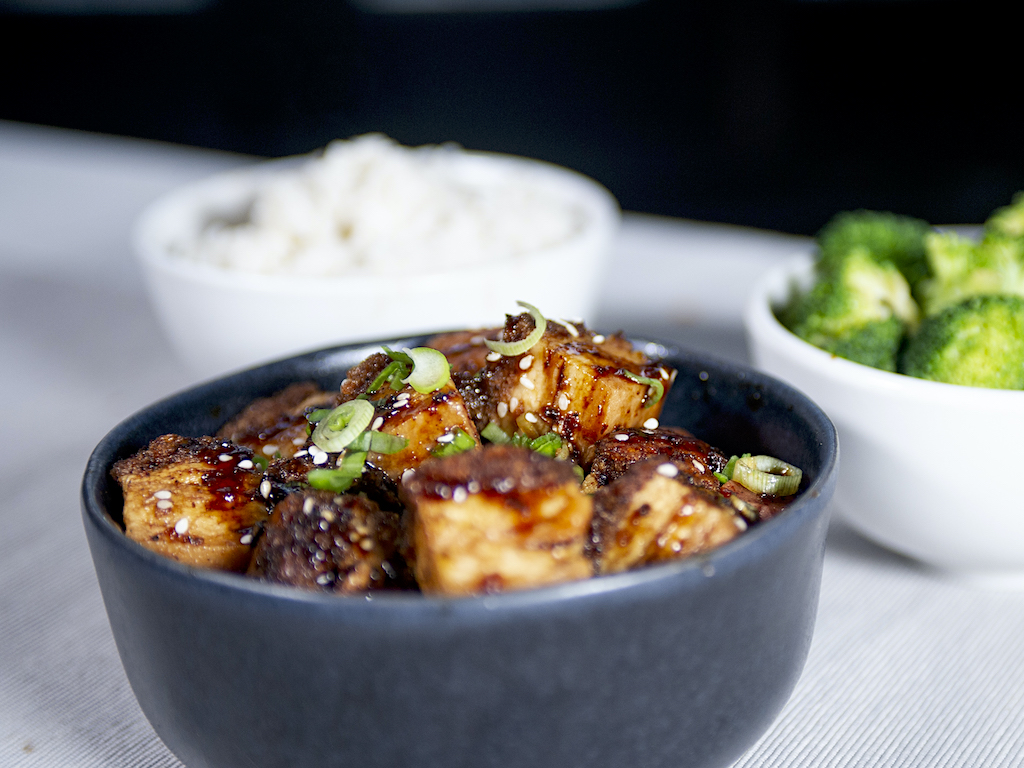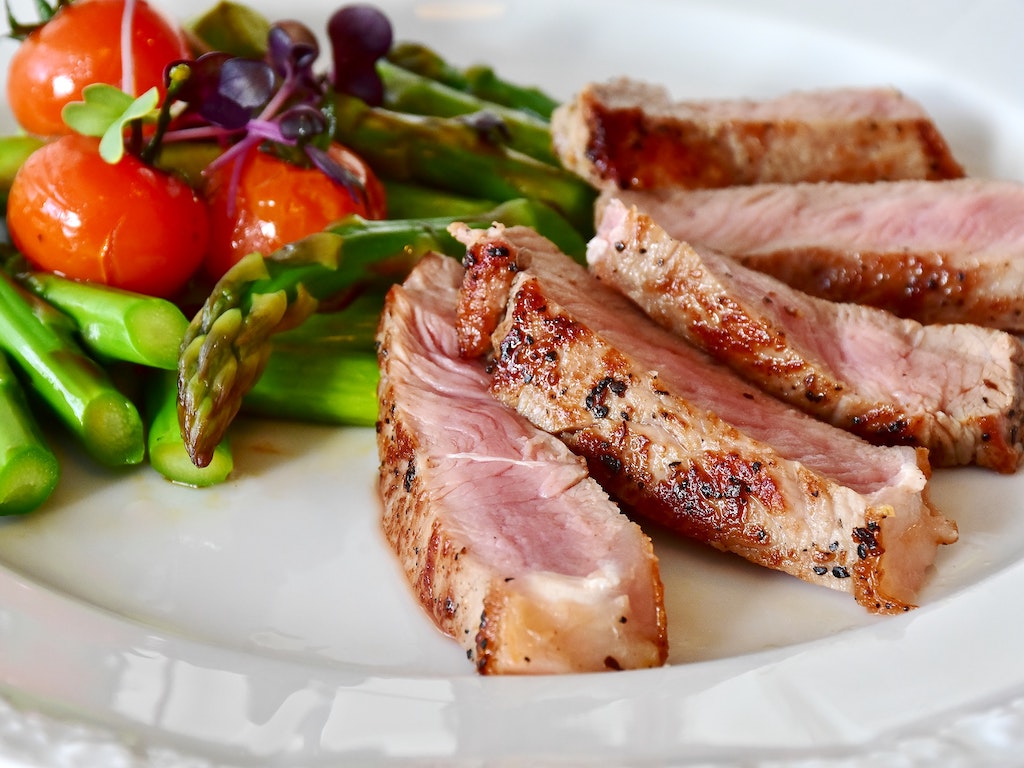3 Mins Read
Israel’s MeaTech just became the latest company in the alternative pork sector. Having already started developing cell-based beef and chicken, the startup now wants to grow pork directly from porcine cells. As the world’s most consumed animal meat, firms around the world are racing to find new ways to produce pork sustainably.
MeaTech has announced it has just begun R&D into porcine cell lines and technologies. It marks the startup’s entry into the alternative pork space, adding to its portfolio of beef and chicken. Instead of using plant-based ingredients, MeaTech is a startup growing real meat directly from animal cells.
After developing stable porcine cell lines, the company wants to “initiate cultivated pork biomass production capabilities.”
Expanding MeaTech’s cell-based meat ‘suite’
MeaTech says its expansion into cultivated pork is part of its strategy to create an entire “suite” of sustainable meat products. Based in Ness Ziona, the R&D team has previously created beef and chicken cell lines. It has also developed its own bio-printing process to 3D print slabs of alternative meat.

We’re developing potential alternatives to conventional factory farming of beef, chicken and now, pork.
Sharon Fima, Founder & CEO, MeaTech
“Our goal is to lead the upcoming agricultural revolution by making tomorrow’s meat safe, plentiful and sustainable,” said Sharon Fima, MeaTech founder and CEO. “MeaTech is developing a broad range of cultured meat technologies, developing potential alternatives to conventional factory farming of beef, chicken and now, pork.”
Cultivating pork
The reason why MeaTech is eyeing pork is that it is the world’s most consumed animal meat. In 2017, the world consumed more than 117 metric kilotons of pork—with China accounting for roughly half that amount. By 2027, this figure is projected to increase to 131 kilotons.
“Pork is currently the most consumed meat across the globe,” said MeaTech in a press statement. “Porcine cellular agriculture, if successfully developed, has the potential to expand MeaTech’s potential addressable markets.”

Pork is currently the most consumed meat across the globe.
MeaTech
As with its other products, the Israeli food-tech company plans to use its cell-based pork technology to not only create its own alternative meat but to license its tech to clients too. These could include food processing companies, food brands, and plant-based meat firms that are looking to enhance their products with ethically produced real meat.
“Our goal is to be similar in all respects to livestock-farmed pork, while offering a significantly more sustainable and slaughter-free production method,” shared Fima.

The race to grow pork from cells
MeaTech isn’t the only firm working on cultivated pork. British startup Ivy Farm, for instance, wants to bring its lab-grown pork sausages to market by as soon as 2023. If they manage to do so, the Oxford University spin-out could be the first to commercialise cultured meat in the U.K.
Other cell-based pork players include Dutch company Meatable, California’s New Age Meats, and British firm Higher Steaks. In Asia, South Korean researchers at Sejong University have developed a cultured pork prototype and China’s Joes Future Food is working on cell-based pork mince.
So far, the only company that has sold cultivated meat is Eat Just. In December 2020, Singapore authorities gave the San Francisco firm approval to sell its cultured chicken, which is now available in the region.
Lead image courtesy of Pexels.




